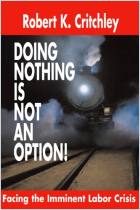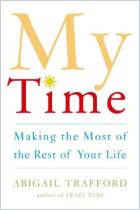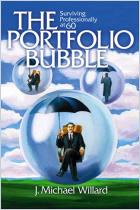Únase a getAbstract para acceder al resumen.

Únase a getAbstract para acceder al resumen.
Marc Freedman
Encore
Finding Work that Matters in the Second Half of Life
Public Affairs, 2007
¿De qué se trata?
Forget retirement. Take your knowledge and experience and do something socially useful.
Recommendation
Society may never see another demographic group like the baby boom generation – people born between 1946 and 1964. During the 1950s, their great numbers dramatically changed everything, from manufacturing and construction to education and health care. The boomers’ idealism and social activism branded the 1960s and 1970s. In subsequent decades, baby boomers changed the workplace and all other areas of life. Now, as this generation enters its retirement years, it is shaking things up again. Unlike previous seniors, boomers are not content to trudge quietly off the stage. Instead, many are choosing second careers in public service. In the process, boomers are redefining not only retirement but also work. Marc Freedman discusses this phenomenon and what it means for society by presenting profiles of baby boomers who took up second, service-oriented careers when they reached retirement age. Their stories are inspiring. getAbstract recommends this book to professionals in their late 50s and beyond who want to put their hard-won expertise to work on behalf of others.
Summary
About the Author
Marc Freedman, a social entrepreneur, helped create a national service program for Americans aged 50 and above.

















Comment on this summary